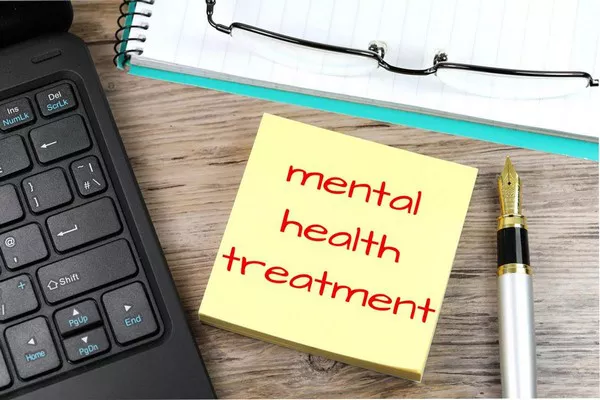A new study highlights the profound effect that state laws and policies have on the mental health of transgender residents. The research, published August 22 in JAMA Network Open, demonstrates a strong correlation between the legal environment for transgender individuals and their mental well-being.
According to the study led by Arjee Restar, an assistant professor of epidemiology at the University of Washington, transgender individuals who fear the loss of their rights face significantly higher risks of depression and anxiety. “Trans individuals who were concerned about potential rights reductions had markedly higher odds of experiencing depression and anxiety symptoms,” the study reported.
Conversely, awareness of state-level protective measures, such as hate crime protections, was associated with lower levels of mental distress. The research team found that those informed about such legislation experienced reduced odds of depression and anxiety.
The study highlights a broader trend of state-level legislative activity affecting LGBTQ+ rights. As of June 2024, over 598 bills targeting LGBTQ+ protections had been introduced in 43 states, with 43 specifically aimed at limiting transgender rights.
However, not all states are moving in this direction. Washington state, for example, has implemented several protective measures for transgender individuals, including anti-discrimination laws in employment, education, and housing, as well as health insurance coverage for trans-specific treatments.
To assess the impact of such protective measures, the Seattle research team surveyed nearly 800 transgender adults in Washington state in early 2023. The results showed that about 86% of participants reported experiencing some level of depression, a figure that surpasses previous studies, likely due to the recent escalation of anti-trans legislation.
Participants who feared losing their rights were 66% more likely to experience depression and almost three times more likely to suffer from anxiety compared to those who felt secure in their rights. Awareness of Washington’s protective laws made a significant difference: those who knew about these protections had 56% lower odds of depression and 89% lower odds of anxiety.
The study underscores the crucial role of legal protections in supporting the mental health of transgender individuals. “Those who were aware of state-level protections and were not concerned about losing their rights reported the lowest levels of depression and anxiety,” the authors noted.
This research highlights the importance of both legislative measures and public awareness in safeguarding the mental well-being of transgender people, emphasizing that supportive legal environments can significantly improve mental health outcomes.

